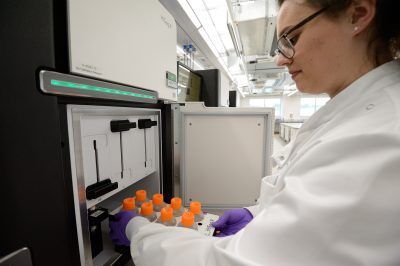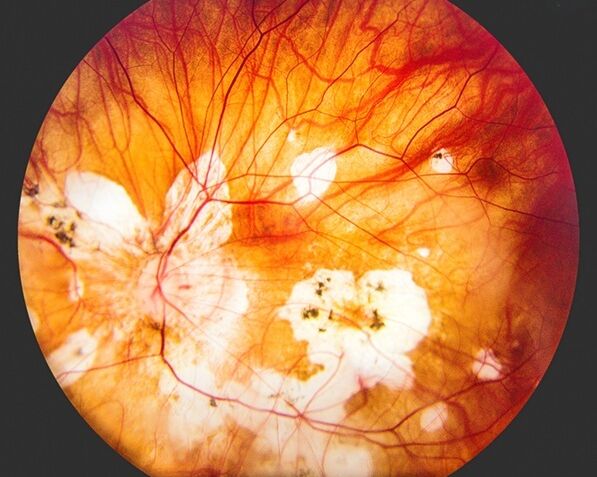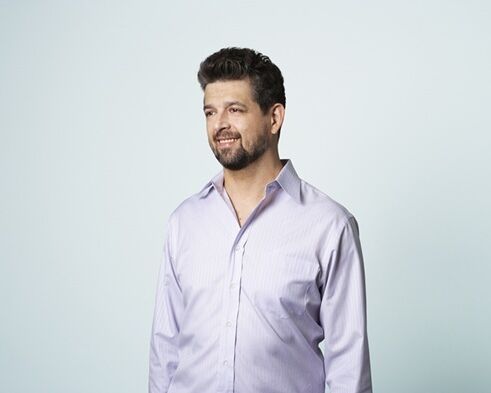The 100,000 Genomes Project Update

By Sir John Chisholm, Executive Chairman, Genomics England.
As many NHS Genomic Medicine Centres are gearing up to organise local activities to mark Rare Disease Day next week (28th February), the 100,000 Genomes Project is making great progress. All thirteen NHS Genomic Medicine Centres are recruiting rare disease and cancer patients to the Project, and initiatives in Scotland, Northern Ireland and Wales have agreed to join us in this world leading programme.
Counting the genomes from the (NIHR) BioResource – BRIDGE Studies (which started before Genomics England but whose genomes were always planned to be part of our dataset) we are delighted to have sequenced over 26,000 whole genomes, with over 19,000 in our datacentre.
Together with genomes from Scotland, Northern Ireland and Wales, we know we will certainly exceed the 100,000 target. But actually the bigger picture is no longer simply sequencing 100,000 human genomes linked to quality clinical data. The big picture is building the infrastructure for routine commissioned genomic medicine in the NHS. It is building a unique research database, thus enabling a powerful learning system able to provide better outcomes for patients. It is that vision which motivated the then Chancellor of the Exchequer in the 2015 Autumn Statement to allocate funds to our project stretching into 2020.
To fulfil this vision we are always working at the edge of known science. We have made good progress, but as with all scientific research, it takes time to get it right. This is why Genomics England, the Department of Health and NHS England have all agreed that the project will be extended from 2017 until the end of 2018. We spent a large part of the past year developing a world class semi-automated pipeline that will enable us to feedback reports to the NHS at scale. The work on cancer genomics has been cutting-edge and the UK is leading the world in ensuring that we collect quality samples suitable for sequencing in an everyday hospital setting. This is part of the transformational aspect of the programme, ensuring that the NHS can accommodate genomic medicine in routine healthcare in the future. Together with the initiation of routine commissioning we expect to pass the 100,000 mark some time in 2018.

We will continue to deliver at pace and deliver sequences as early as possible whilst ensuring we maximise the scientific learnings from the project which will help healthcare of the future. Providing a really important dataset to our industry partners is crucial. When the Prime Minister came to the opening of our Sequencing Centre in Hinxton (Prime Minister Theresa May pictured here with Professor Sir Mike Stratton. Credit – Sanger Institute, Genome Research Limited.) The Prime Minister led a round table discussion focused on how the country could get maximum benefit from the world lead we had established in population sequencing.
There is plenty of work ahead, and we will continue to work on developing the infrastructure required to ensure frontline clinicians can make the most of the knowledge that genomics provides, for patients now and in the future. This includes creating the interpretation and reporting ecosystem for the NHS.
The 100,000 Genomes Project puts the UK at the forefront of using genomic technology to transform patient care. We owe enormous thanks to the hard work of all those involved; to the Government, for its support in this ambitious project, and especially to our participants for their generous consent and involvement.


